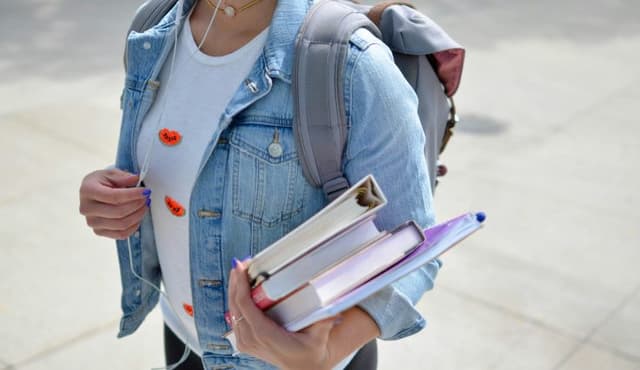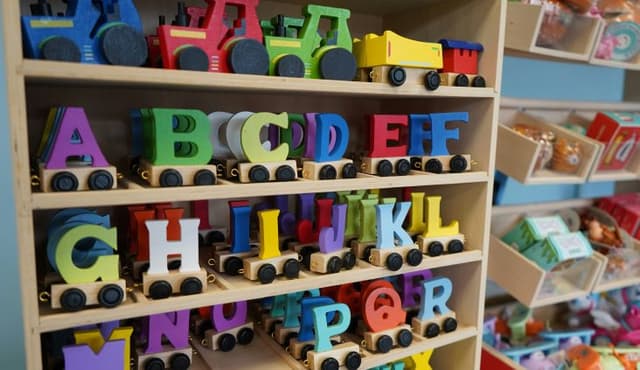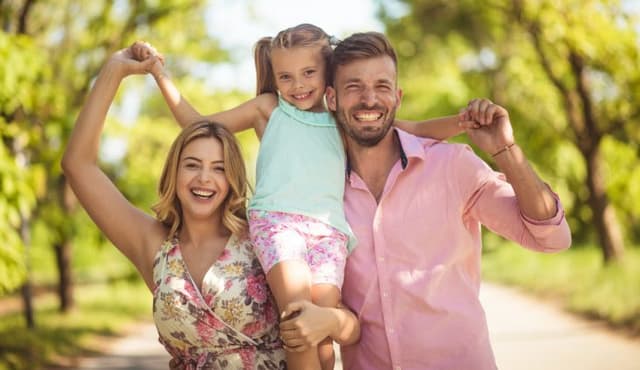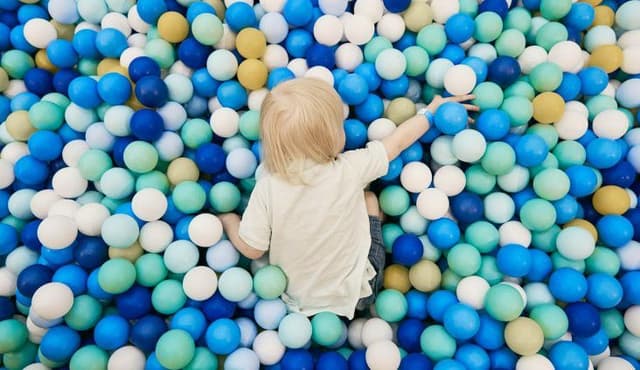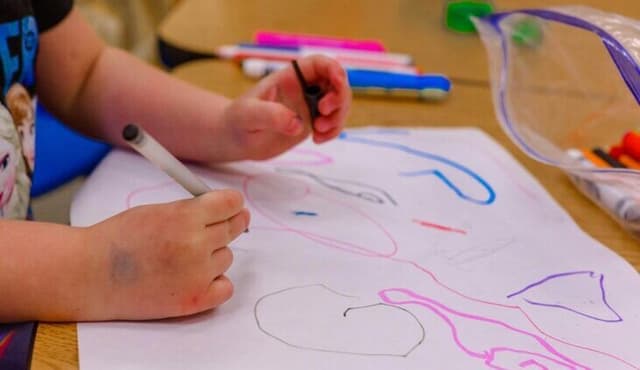COVID-19
General News
As Melbourne endures another lockdown, Gowrie Vic reflects on remote learning
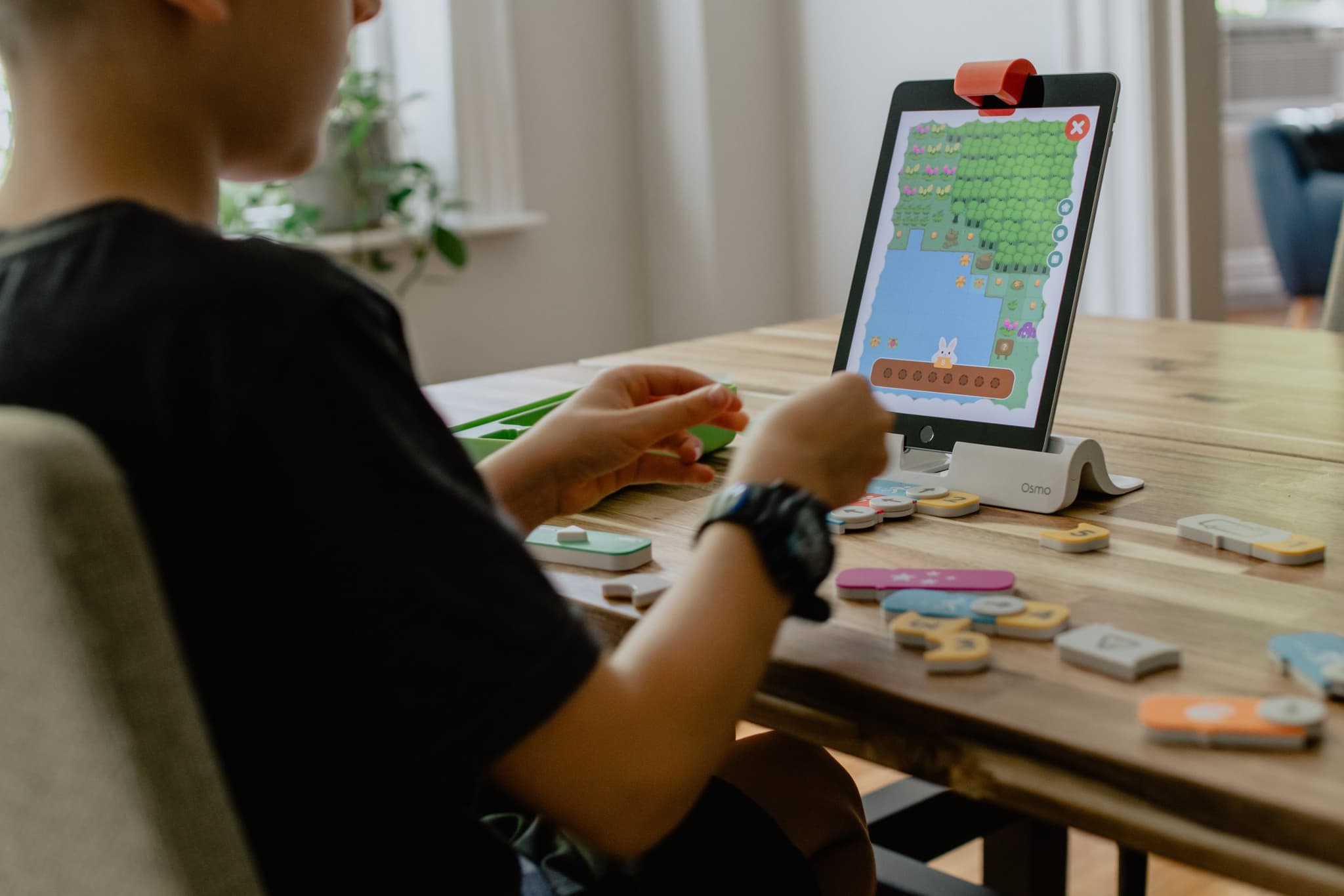
Freya Lucas
Jun 09, 2021
Save
As Melbourne awaits an announcement about the continuation or easing of restrictions as the state battles another round of community COVID-19 transmission, The Sector is sharing reflections on remote learning in 2020, prepared by the various sites that provide education and care through Gowrie Victoria, with the hope of inspiring other teams who may find themselves needing to transition to online connections with children, families and educators in an ongoing way.
“We would never have guessed that many of our most valued relationships would become virtual,” the reflection begins. “New ways of working which would usually have been considered over many months, if not years, were implemented in a few short weeks.”Throughout Gowrie Victoria, teams embraced new platforms and re-developed materials so that the provider could continue to train, coach and mentor when face to face sessions were no longer possible for the professional development team.
While the early learning programs “carried on as usual” for much of the year, providing stability for children and support for families amongst a lot of uncertainty, conversations about COVID-safe plans, handwashing, cleaning and masks dominated conversations.
As Melbourne entered stage four restrictions in August 2020, early learning services were only open for vulnerable children and children of permitted workers.
“Up to three-quarters of our children and families were not able to attend and our teams had to quickly roll out new ways to share resources, to keep connected with families and to ensure that children remain connected to each other,” Gowrie Victoria shared.
Each of the three Gowrie sites share their thoughts on the transition to remote learning below.
Gowrie Docklands
During the first lockdown in Melbourne our remote learning program was sporadic with lots of different approaches. As a community, we had not yet adjusted to the idea that COVID-19 would be with us for an unknown and extended period of time. As soon as we knew that stage four restrictions would mean many children would have to stay at home, we formed a project group to focus on remote learning.
The aim was to maintain the connection with families and children both onsite and offsite. We wanted to deliver meaningful content which could be accessed online and used for future documentation and curriculum planning. We decided to work with a new platform (Microsoft Teams) which would be accessible to families, educators and managers. This would provide opportunities for chatting to each other via messages or video as well as to share educational content for in-home learning.
The other aims of the project were to create a sense of connection between our educators by embarking on something new together and of course, and to continue to find ways to maintain and strengthen the relationships with children and their families.
Content was posted regularly every Monday, Wednesday and Friday with additional scheduled video catch ups. This was a reliable and consistent point of contact. Children loved the platform and were excited to see their friends on screen. The feedback from families was positive and they valued the care and effort that was put into the project.
The project created a renewed sense of enthusiasm across the group of educators involved. We learnt a lot. We’re not people who spend large amounts of time in front of computers, so it was a steep learning curve, but an exciting one too. This was a great opportunity to learn new skills and challenge our limitations. Responding to the sense of urgency, producing something we were proud of and doing this together was satisfying, and a purposeful distraction from the daily challenges of COVID-19.
We knew that time was temporary so it was important that we were building skills that could be transferred back into the more traditional model of ECEC. The remote learning educational content produced by the group had obvious links to the VEYLDF outcomes as well as the four curriculum focus areas of Gowrie. Components of online learning are the future and it's crucial to get out of our comfort zone and get ready for the future.
Gowrie Carlton Learning Precinct
After the announcement of stage four restrictions, we surveyed families to understand how they might engage while not on site, how often they would appreciate check-ins and support and their preferred mode of communication.
We prepared the outline of our learning from home content based on three pillars, which were being responsive to children, families and educators. Using this as a foundation we planned five points to our approach (the Star Approach) which focused on connection, engaging content, pre-recorded videos, video conference and take-home packs.
We used Google Drive as our platform for content and each room responded specifically to their families’ strengths and the support they needed.
Being a part of a community that is culturally and socio-economically diverse provided us with enriched opportunities to learn alongside each other and to bring with us the wealth of knowledge that we each had, sharing this respectfully with each other. We welcomed the dynamic change in work but looked forward to welcoming our families back, with wide opened, physically distanced arms.
Gowrie Clare Court
Over the course of 2020 we have indeed found ourselves leaning into learning new skills and accessing technology we never thought necessary for teaching and learning with children. These circumstances have invited us to rethink how we maintain connections with children and families and sustain continuity of learning whilst valuing the diverse needs of families and teams. We explored the notion of connecting remotely, motivated by our understanding of our families, whilst remaining true to our knowledge of how children learn.
Being situated on parklands, the children have a strong connection with Country. We were fortunate to be able to continue visiting and learning with Stony Creek and Cruickshank park, often crossing paths with our children learning from home on their daily walks.
Each of our programs focused on connection to place, paying close attention to changes in nature that we could sense and sharing these with each other. This time gifted us an unprecedented opportunity to get to know our own places and each other’s place more deeply.
Through a lens of noticing, we saw educators getting to know Yarraville through families’ videos shared on online platforms. We saw educators sharing the different sounds and sites of their place. Do we hear the same birds at Docklands, Footscray, Rosebud and Yarraville? Are the black tailed cockatoos squawking near Gowrie Clare Court?
Working in partnership with families in this way created opportunities for us to continue to support them to understand the potential for learning in the practice of noticing and attuning to nature and Place, and how these encounters provoke authentic engagement and deepen our understandings of one another.
For additional perspectives on supporting children with remote learning, please see here.
Don’t miss a thing
Related Articles














